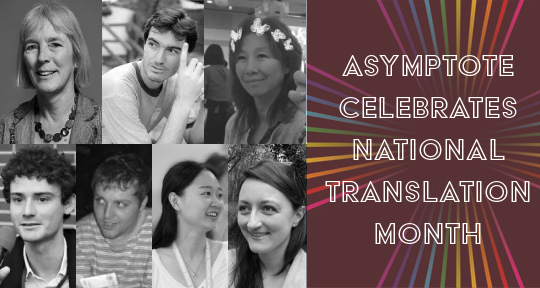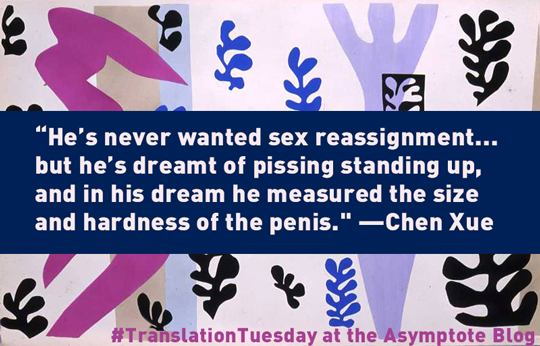This week, our writers bring you the latest news from Lebanon, Taiwan, and France. In Lebanon, translator Dr. Mona Kareem has won the National Endowment for the Arts Award and the Barjeel Poetry Prize winners have been announced; in Taiwan, the February issue of INK literary magazine presents work by sixteen Taiwanese authors on “A Memo for Literature of the Next Decade”; and in France, Vanessa Springora’s bestselling memoir about sexual abuse will be released in English translation. Read on to find out more!
MK Harb, Editor-at-Large, reporting from Lebanon
In Lebanon, the cultural world and the literary sphere has been rocked by the news of the assassination of Lokman Slim. Slim was a prolific writer and intellectual, and was an influential member of the cultural and political community, opening his research and documentation practice UMAM in southern Beirut. A celebration of his life and work was held on February 11.
In translation news, Dr. Mona Kareem, translator of Octavia Butler’s Kindred into Arabic, won the National Endowment for the Arts Award. Her award supports the translation from the Arabic of the poetry collection Falcon with Sun Overheard by Ra’ad Abdulqadir, a pioneer of Iraqi poetry. Here is Dr. Kareem’s haunting translation of his poem “A Song for the Lightning Bird.” Interested in learning more about the Arabic prose poem? Then listen to author Huda J. Fakhreddine’s online talk about it at Dartmouth College!
In more thrilling translation news, Sawad Hussain’s translation from the Arabic of A Bed for the King’s Daughter is being published by University of Texas Press. Written by Syrian author Shahla Ujayli, whose past work was long-listed for the International Prize for Arabic Fiction, this collection of short stories is experimental, witty, and loaded with uncanny images dealing with modernity, alienation, and patriarchy. READ MORE…



